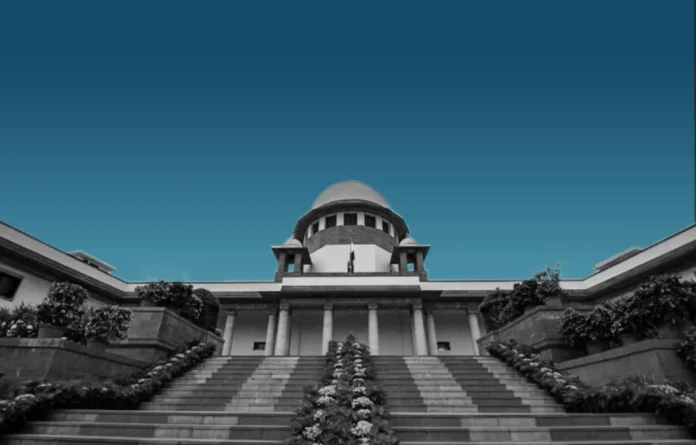Google has filed a petition in the Supreme Court against the March 2025 verdict of the National Company Law Appellate Tribunal (NCLAT), which partially upheld the Competition Commission of India’s (CCI) findings that the search giant abused its dominance in the Android ecosystem by imposing unfair Play Store policies and promoting its own payments app, Google Pay.
The petition further assailed the NCLAT’s subsequent order of May 1, 2025, which corrected an ‘inadvertent error’ in its original judgment and reinstated two key data-related directives issued by the CCI.
CCI initiated a probe into Google’s billing practices on the Play Store in November 2020, which ended in October 2022.
The Commission held that Google abused its dominant position by mandating the use of Google Play Billing System (GPBS) for app purchases, while exempting its own apps like YouTube from similar commission structures.
It imposed a fine of Rs 936.44 crore on the company and directed it to cease anti-competitive practices, including allowing third-party billing and ensuring data transparency.
On March 28, 2025, NCLAT upheld several core findings of CCI and observed that Google leveraged its dominance in two relevant markets—licensable operating systems for smartphones and app stores for Android OS—to promote Google Pay, thereby violating Section 4(2)(e) of the Competition Act.
The Tribunal held that Google used it’s dominance in first two markets to leverage, promote and protect its position in the market for UPI enabled digital payment apps.
It further found the search giant guilty under Section 4(2)(a)(i) of the Act for imposing unfair and discriminatory conditions on developers through mandatory use of GPBS.
The Tribunal, however, set aside CCI’s conclusions on denial of market access and restriction of innovation. It noted that Google’s billing services accounted for less than 1 percent of total UPI transactions and held that there was insufficient evidence of foreclosure or restriction on technical development.
It further overturned several preventive (ex-ante) directions imposed by the CCI, including obligations based on Google’s designation as a gatekeeper.
While referring to the 2024 Digital Competition Law Committee Report, NCLAT held that such forward-looking measures exceeded CCI’s powers under the current ex-post competition law framework.
It further reduced the penalty of Rs 936.44 crore imposed by CCI to Rs 216.69 crore on the grounds that the Commission erred in applying the penalty to Google’s global turnover.
On May 1, NCLAT reinstated two directions requiring Google to disclose data policies and refrain from leveraging billing data for competitive advantage. Google argued that this amounted to a review being rejected.
Filed on July 21, the application was expected to be listed for hearing soon.


